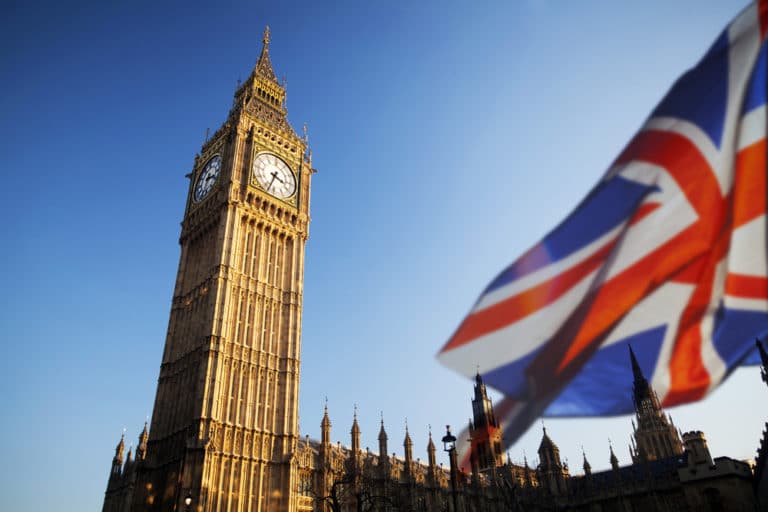Britain’s new data protection law attempts to relax some requirements but still comply with the EU’s GDPR.
The UK Government is walking a tightrope with regards to privacy legislation. This week it introduced a new Data Protection and Digital Information Bill that it claims will save UK businesses “billions”, but could potentially be at odds with European data protection regulations.
Technology Secretary Michelle Donelan, who unveiled the bill, said it was an effort to “cut down pointless paperwork for businesses, reduce annoying cookie pops-up, but at the same time remain in step with EU data protection laws” such as the General Data Protection Regulation (GDPR).
The UK has been promising to replace the GDPR with its own privacy regulations since last summer.
Saving businesses almost £5 billion
Data-driven trade generated 85 per cent of the UK’s total service exports and contributed an estimated £259 billion for the economy in 2021. The government estimates that new bill will “unlock £4.7 billion in savings for the UK economy over the next 10 years and maintain the UK’s internationally renowned data protection standards so businesses can continue to trade freely with global partners, including the EU”.
Secretary Donelan said: “Our system will be easier to understand, easier to comply with, and take advantage of the many opportunities of post-Brexit Britain. No longer will our businesses and citizens have to tangle themselves around the barrier-based European GDPR”.
New bill is criticised by privacy groups
This week, Open Rights Group and 25 other civil society organisations wrote an open letter to Michelle Donelan asking the Secretary of State to scrap the Bill and start again.
The ORG is not buying the government’s assurance of GDPR compliance. “As well as harming data rights, the government’s proposals have been criticised as potentially damaging for the economy, by putting the UK at risk of failing to meet EU adequacy requirements”, the group said in a statement.
“Conservative estimates found that the loss of the adequacy agreement would cost 1 to 1.6 billion pounds in legal fees alone, not including the cost resulting from disruption of digital trade, investments, and the relocation of UK businesses to the EU”, the ORG warned.
